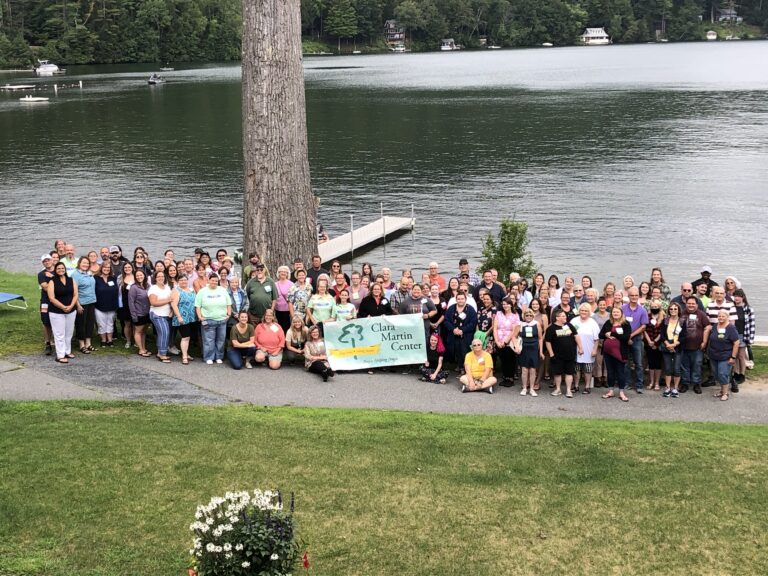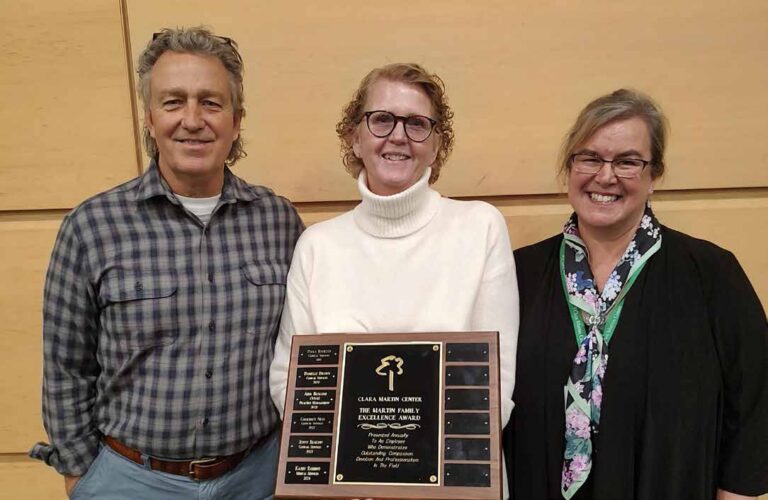Substance Use & Justice Involved Programs
We promote healthy lifestyles by reducing the harmful effects of alcohol and other drugs on the client, family, and community.
Overview
The Substance Use & Justice Involved Programs help individuals address the impacts that substance use or criminogenic behavior has had in their lives, and enhance one’s ability to make healthier and safer decisions regarding their substance use.
Outpatient Services
Outpatient Recovery and After Care Group
The goal of Recovery Group is to enhance relapse prevention skills and broaden client understanding of recovery as a lifestyle change.
Motivational Group and Early Recovery Group
The goal of Motivational Group is to help clients develop increased awareness of the impact that alcohol or drug use has had in their lives. In addition, we hope to help increase their level of motivation to make healthier and safer decisions regarding their substance use. The groups meet once each week. This group also meets Impaired Driver Rehabilitation Program (IDRP) recommendations for ongoing counseling towards license reinstatement.
Co-occurring Group
The goal of this group is to improve the health and self-care of clients with co-occurring substance use and mental health challenges. The groups meet once per week.
Seeking Safety Group
The seeking safety group is a present-focused therapy to help people attain safety from trauma/Post Traumatic Stress Disorder and substance use. The group is gender specific and consists of 25 topic areas related to trauma and substance use.
Adolescent Outpatient Counseling
The goal of the adolescent counseling is to help participants develop increased awareness of the impact alcohol or drug use has in their lives. In addition, Clara Marting Center hopes to help increase their level of motivation to make healthier and safer decision regarding their substance use. The groups meet once each week.
Impaired Driver Rehabilitation Program
The IDRP Program is available for people who have had alcohol or substance-related driving offenses and are seeking license reinstatement. Learn more.

Medication Assisted Treatment
Clara Martin Center has joined forces with other providers in the “Hub and Spoke” model of substance treatment across the State of Vermont, in response to community members who are struggling with the increasingly common and devastating affliction of opioid dependency. Clients who require medication assistance to maintain their recovery (such as methadone or suboxone) may begin their treatment at one of several “Hubs” across the state, such as Central Vermont Addiction Medicine in Berlin.
Clients who do not require daily methadone treatment may have their treatment of suboxone transferred to a “Spoke”, such as Gifford Primary Care or Clara Martin Center. Clients enroll in Clara Martin Center’s Medication Assisted Treatment (MAT) program by signing a contract to engage in a variety of recovery treatment services and monitoring, in order to have continued prescriptions of the suboxone. The goal of this treatment is to prevent relapse, while addressing the many challenges that interfere with successful and sustained recovery. Ultimately, it is the goal to support clients in reducing or eliminating the use of medications to support recovery.
Justice Involved Services
The Justice Involved Program provides effective assessment and treatment services to people who have been or are currently involved with the court or corrections system. Our aim is to enhance their ability to function effectively in the community, re-enter the community successfully and reduce the risk of committing additional crimes.
News & Events

Clara Martin Center to be First State Certified Community-Based Integrated Health Center
Clara Martin Center has achieved certification as the first Vermont State Certified Community-Based Integrated Health Center (CCBHC) following a rigorous…

The importance of community mental health support for transition-aged youth
Transition-aged youth, typically between the ages of 16 and 24, face some of the most complex and challenging years of…

Clara Martin Center Holds Annual Mtg., Gives Awards
The Clara Martin Center Annual Meeting and Awards Ceremony was held at Vermont State University in Randolph Center on Thursday,…




